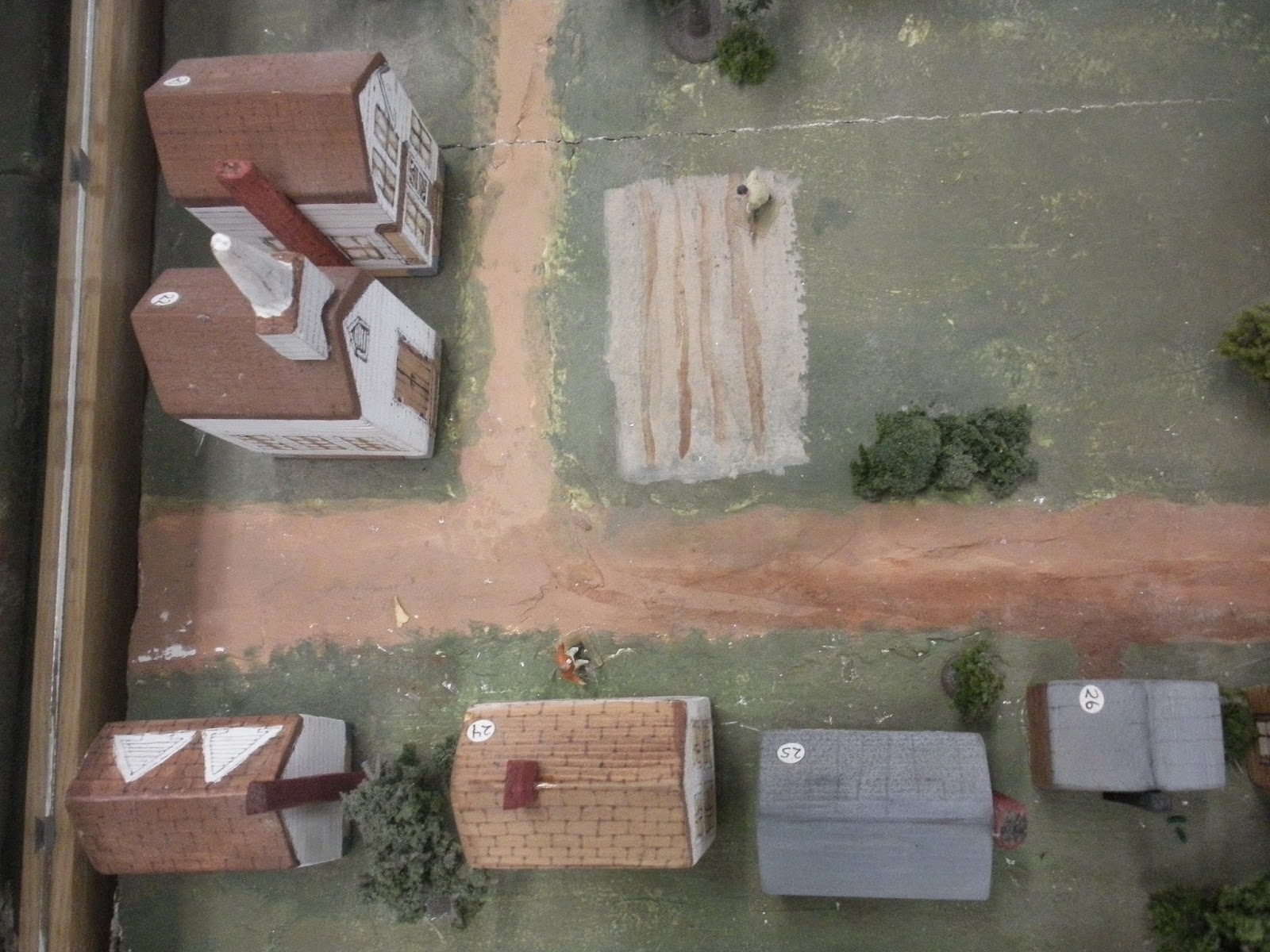Originally, I thought I would write about the adult Sunday School lesson I'm teaching today, "Our Work with Creation," but on my morning walk yesterday, God spoke to me about something else.
When asked what was the greatest commandment, Jesus said, " Thou shalt love the Lord thy God with all thy heart and with all thy soul, and with all thy mind. This is the first and great commandment. And the second is like unto it, thou shalt love thy neighbor as thyself. On these two commandments hang all the law and the prophets" (Matthew 22:37-40). Jesus was telling us that loving God and others is the most important thing we can do. If we get this right, we will keep all the rest of God's commandments at the same time.
I'm afraid that too many Christians today are putting other things above God and hating those who don't agree with them. As a former history teacher, I know that politics are important, because they directly affect our lives, but they're not more important than God and His Word. I can pretty much guarantee that the Lord is neither a Democrat or a Republican, and He loves each equally. We are supposed to pattern our lives like Jesus', and He never ranted against leaders (although some of the Roman leaders were pretty bad). He never blasted those who didn't believe the way He wanted them to (although there was no doubt that His ways were right). The only people He ever became angry with were those who thought they were better than everyone else or those who were greedy and self-centered.
My prayer is that none of us become too much like the self-righteous Pharisees. Let us focus on following the Great Commandment and really put God first in our lives and love Him and everyone else with no exceptions.
________________________________
























